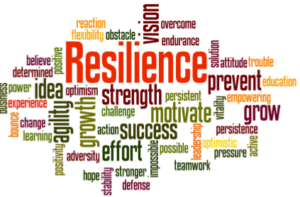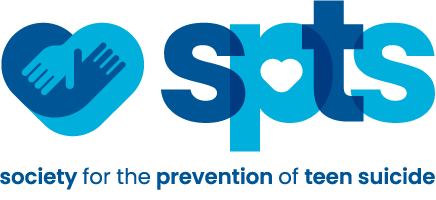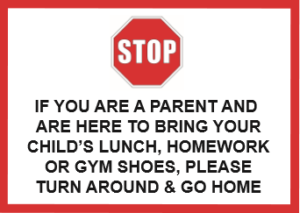You hear a lot these days about ‘helicopter’ or ‘snowplow’ parenting as a way to define parents who remove all the obstacles in their kids’ path to protect them from failure, disappointment – whatever. What you hear less about are ways in which parents can support their children from the sidelines and give them the space they need to fail at something. This will  help them figure out, on their own, how to do things differently the next time.
help them figure out, on their own, how to do things differently the next time.
The essential definition of resilience is the ordinary trait of adapting well in the face of adversity or trauma. It’s not something that you’re born with; it involves behaviors, thoughts and actions that can be learned and developed by anyone.
Sometimes we confuse helping out our kids when what we’re actually doing is keeping them dependent on us. We short circuit the important lesson that every behavior has a consequence. Letting your child fail and try again is an important part of growing up. By allowing them to test their limits, they become empowered through independent learning.
One middle school posted the following sign on its front door to drive home the point of resilience:
The negative effects of helicopter parenting go beyond behavior; they affect brain development too. The prefrontal cortex, or the part of our brain that makes decisions, controls the brain’s amygdala or ‘fight or flight’ response. When kids feel anxiety, their amygdalas are in control. This makes them feel helpless and overwhelmed. Even well into their teen years, having helicopter parents could be hindering their ability to develop problem-solving and decision-making skills.
Children imitate the thinking, habits, and behaviors of the adults around them, so when you, as a parent, model resilient thinking and behaviors – it goes a long way to help promote resilience in your children.
So what does resiliency in a parent look like?
The website of the American Psychological Association provides some excellent suggestions:
- You make connections. You know that relationships with other people or being active in civic groups are important for your own support. There can be nothing more debilitating than feeling like you’re alone in the world.
- You avoid seeing crises as insurmountable problems. You know you can’t change what happens in life, but that you do have control over how you respond. You have figured out what to do if you lose perspective.
- You have accepted the fact that change is part of living and acknowledge that there are things in your life you can’t change.
- You have developed goals that are realistic to where you are in your life. You’ve given up goals that no longer are realistic but have set new ones, even if they seem like they are small accomplishments.
- You look for opportunities for self-discovery. You recognize that you can always learn more about yourself and you consider the ways in which you have grown from the struggles you have had in your life.
- You nurture a positive view of yourself – focusing on your positive traits and what you like about yourself rather than what you want to change.
- You take care of yourself. Even if you can only carve out a few minutes a day for you, you understand you can’t keep taking care of others unless you take care of yourself first.
- You have finally learned how to say NO.
Here are some other websites where you can learn additional information about enhancing resiliency in yourself and your kids:
Click here to download the PDF Handout version of this resource!


